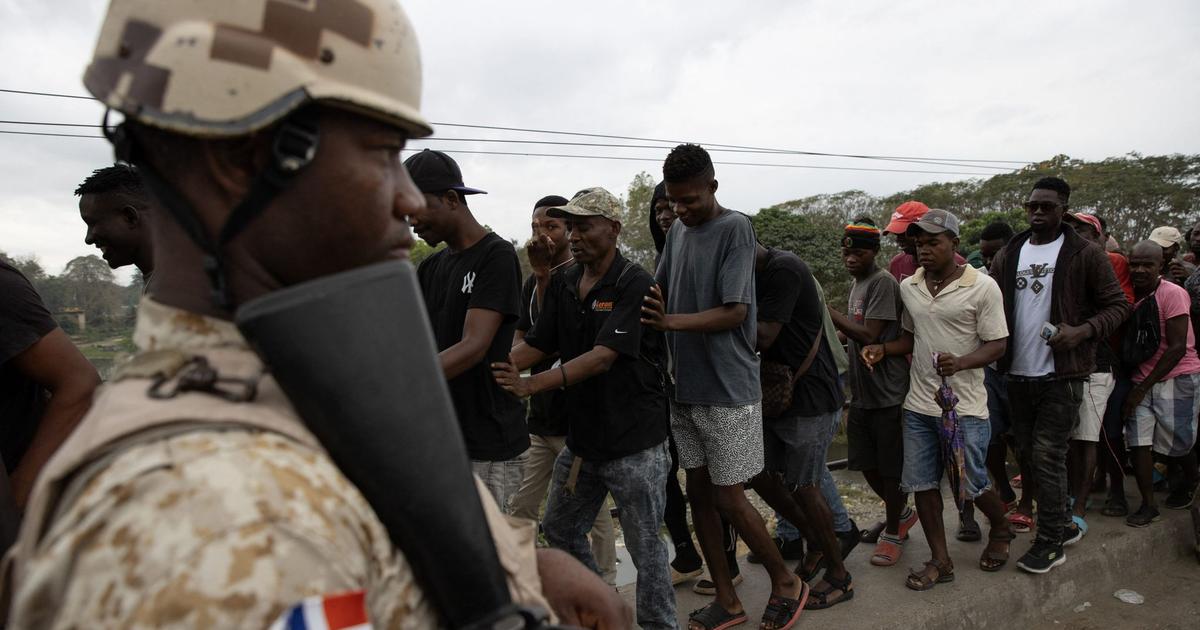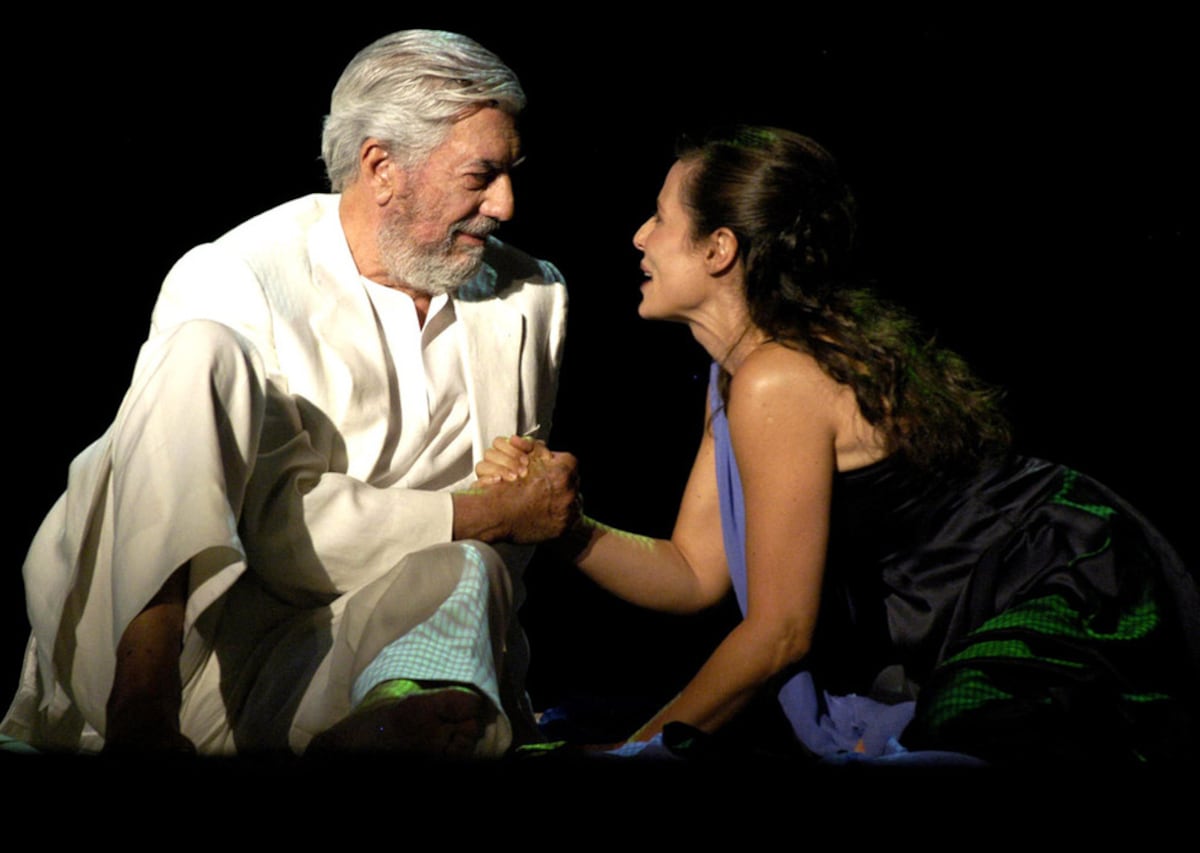During a debate held in Buenos Aires, I asked Mario Vargas Llosa if he did not think that our governments are not aware that the Spanish language constitutes our main wealth.
"No, they are not," the novelist replied, according to the digital
Telam
.
“And I think it's better, because if they were, they would probably mess it up.
The freedom that we have enjoyed without governments bothering us with guidelines or guidelines was a great luck (...) I am afraid that governments intervene in literature.
Literature and governments operate in different and contradictory fields.
I think I would prefer that this freedom that we enjoy be preserved today as well.”
The Nation
newspaper
entitled: 'The less governments mess with writers, the better'.
I disagreed, trying to clarify —”I was referring to the promotion of language and literature, not to a normative role of governments”, says
Telam
himself —;
and, as disagreeing is usually much more fruitful than agreeing, I now try to explain that discrepancy.
Let's say from the outset that Vargas Llosa's fear is entirely justified.
To begin with, for partly biographical reasons: Vargas Llosa has known many authoritarian regimes in Latin America and Spain and, in a certain way, his entire work can be understood as a furious plea against tyranny;
no one like him knows that power is defined by its drive to take possession of everything, starting with language, and that this is lethal for everyone, but above all for literature, which constitutes an indispensable counterweight to power: freedom is so necessary to a writer like oxygen to a person.
But, in addition, mistrust in power is the very foundation of democracy;
hence the separation of powers —executive, legislative, judicial— that control each other, limiting their common desire for dominance.
Having said that,
Is it reasonable that the public authorities completely disregard the main wealth of a country?
Don't they have a duty to protect and increase it?
Isn't that precisely the mission of organizations such as the British Council, the Alliance Française, the Goethe-Institut or the Cervantes Institute, dedicated to disseminating the language and culture of their respective countries?
According to the press, in recent years two Spanish governments proposed Vargas Llosa direct the Cervantes;
the proposal seemed intelligent to me;
It seemed more intelligent to me that Vargas Llosa rejected it, which does not prevent us from speculating about the possibilities that would have been opened to Cervantes if the first current writer of our language had agreed to direct it: could it have become an institution of the group of Spanish-speaking countries — and not only from Spain—,
whose strength would therefore be multiplied by 10 or by 15?
Would it have been able to contribute more than it already does, with little money and many difficulties, to tasks as vital as increasing the reputation of Spanish in the United States, where it is a widely spoken but not very prestigious language, or promoting and make accessible throughout the vast scope of our language the rich literature that is written in it and that right now lives largely isolated in national compartments?
Isn't that what the Vargas Llosa Chair is already doing, despite its limited resources?
But it is true: power always tries to boss everything around;
It is also true, however, that, unlike a dictatorship, a democracy worthy of the name has or should have sufficient tools to prevent such bossing.
Well thought, perhaps the above is not a discrepancy but an unsolvable dilemma, one of those "contradictory truths" or "irreconcilable ends" that Isaiah Berlin spoke of: language, literature, culture can only prosper in freedom, without guidelines. no guidelines;
although, at the same time, the public powers are obliged to promote them, not to abandon them to their fate, because they form an essential part of a country's heritage.
There is a difficult balance there.
But nobody has said that good things are easy.
And, least of all, Vargas Llosa.
50% off
Exclusive content for subscribers
read without limits
subscribe
I'm already a subscriber






/cloudfront-eu-central-1.images.arcpublishing.com/prisa/6CHDRQ5XQBCYJNCQNWVWDVWB74.jpg)
/cloudfront-eu-central-1.images.arcpublishing.com/prisa/KSQTCK7XJVBFROZXUOP5CEEXV4.png)
/cloudfront-eu-central-1.images.arcpublishing.com/prisa/GE2HIPPGSREYXNPF3G7BWKT62U.JPG)
/cloudfront-eu-central-1.images.arcpublishing.com/prisa/LBM66KQSSNED3ENKVDPGTMUMLQ.JPG)